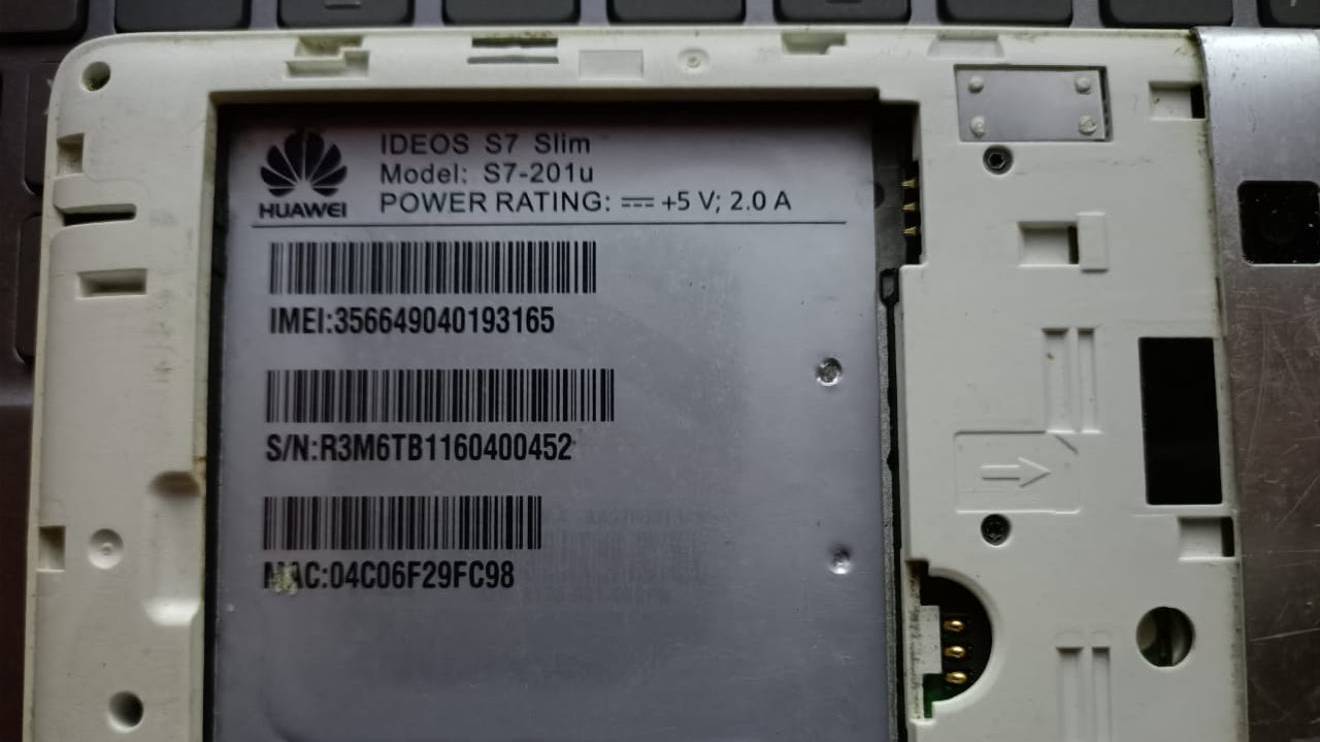The High Court has put a temporary stop to the implementation of a directive by the Communications Authority of Kenya (CA) that sought to grant the Kenya Revenue Authority (KRA) authority to track mobile phones for tax compliance.
Justice Chacha Mwita issued the suspension, which will remain in effect until 18 December 2024, pending further submissions from all parties.
The contentious notice, titled "Public notice on enhancing the integrity and tax compliance of the mobile devices in Kenya", was posted on the CA’s website last month.
It mandated all local assemblers, importers, retailers, wholesalers, and mobile network operators to upload the International Mobile Equipment Identity (IMEI) numbers of all imported or assembled mobile devices onto KRA’s portal. This, according to the notice, was aimed at facilitating tax compliance monitoring.
Justice Mwita, in issuing the suspension, directed Katiba Institute—the petitioner in the case—to serve its submissions to the CA, KRA, and the Attorney General immediately. The respondents have seven days to file their responses.
Read More
The court will hear arguments from the parties and highlight submissions on 18 December.
Katiba Institute, in its filing at the Milimani Law Courts, argued that the directive violated constitutional principles.
“The notice issued by CA and referred to as regulations were neither tabled in Parliament nor subjected to public participation as required by the constitution,” Katiba stated.
The organisation contended that the failure to follow proper legislative procedures rendered the notice unconstitutional.
The petitioner further cited a breach of Article 35 of the Constitution, which obligates public bodies to publish all relevant information before formulating policies that significantly affect the public.
“The respondents were under a duty to proactively disclose the Data Protection Impact Assessment conducted on the collection of IMEI data,” read part of Katiba’s documents.
Additionally, Katiba raised concerns over privacy violations and the potential misuse of the directive.
“Without a data impact assessment, the risk of violating the right to privacy and other fundamental rights and freedoms remains unmitigated,” the petitioner stated.
They further accused the respondents of coercive tactics, claiming that “contrary to the requirement that free and informed consent must be obtained prior to the collection of personal data, the respondents have resorted to duress by threatening to deregister any mobile phone device whose IMEI number is not disclosed.”
Katiba’s submissions warned that the absence of adequate safeguards for IMEI data collection could pave the way for Kenya to become a surveillance state.
“The lack of sufficient guardrails can be exploited to stifle dissent, monitor political opponents or intimidate activists, creating a chilling effect on free speech and political engagement,” they stated.
The court’s decision now temporarily halts both the CA’s and KRA’s directives, providing reprieve to stakeholders as the case awaits further deliberation.




 (1)-1727972556.jpg)



 (1)-1732264169.jpg)
